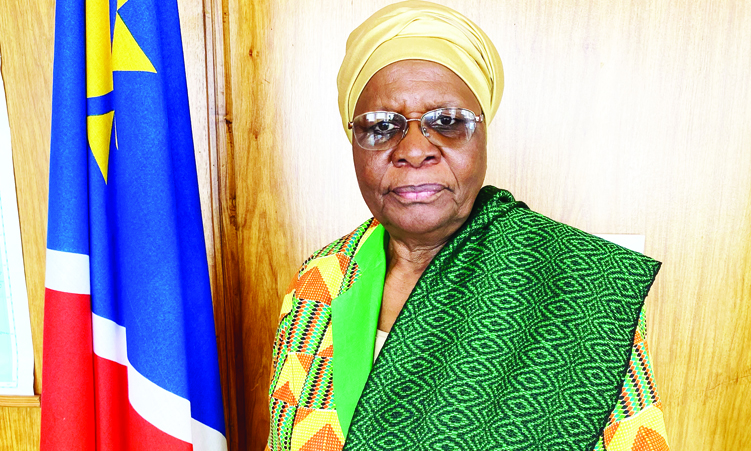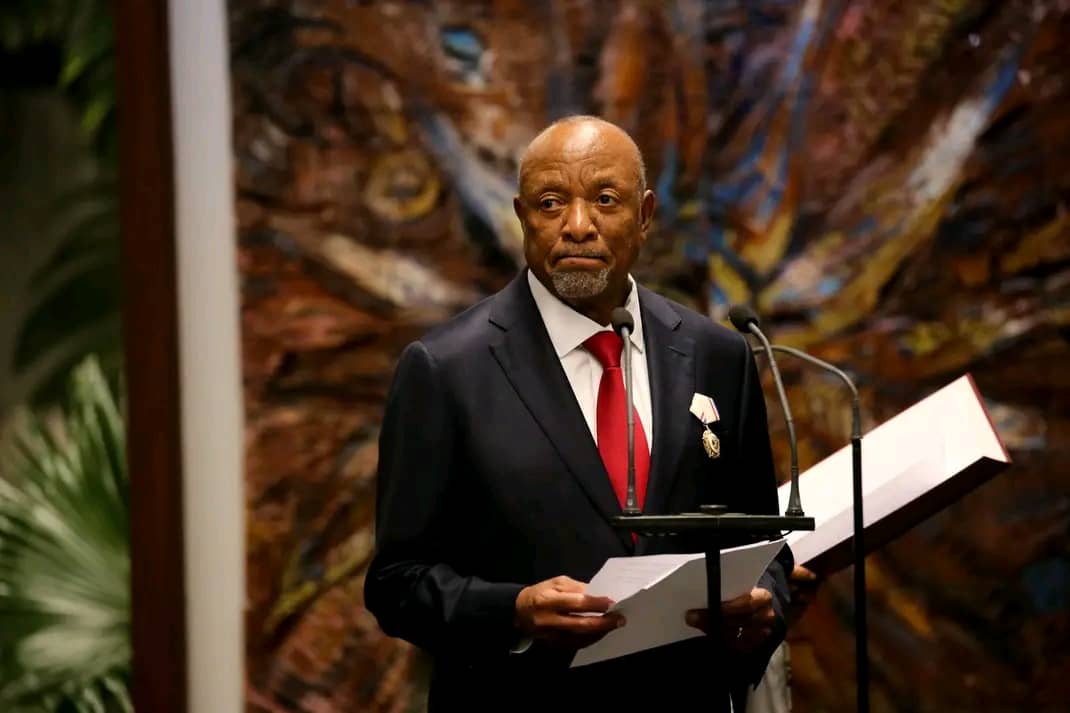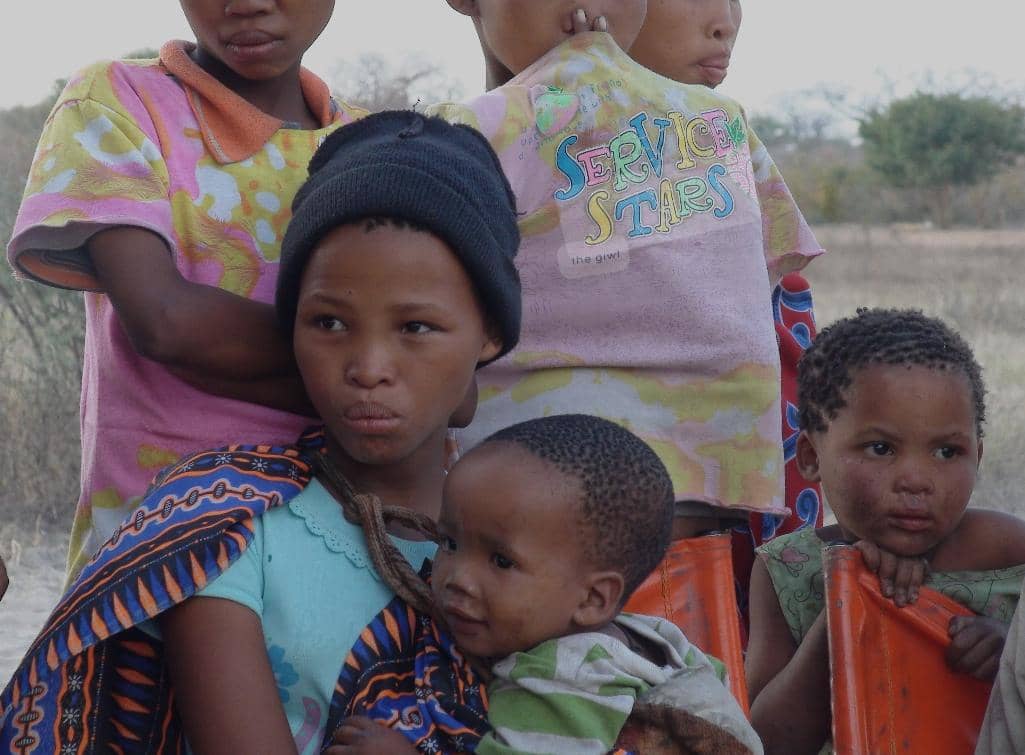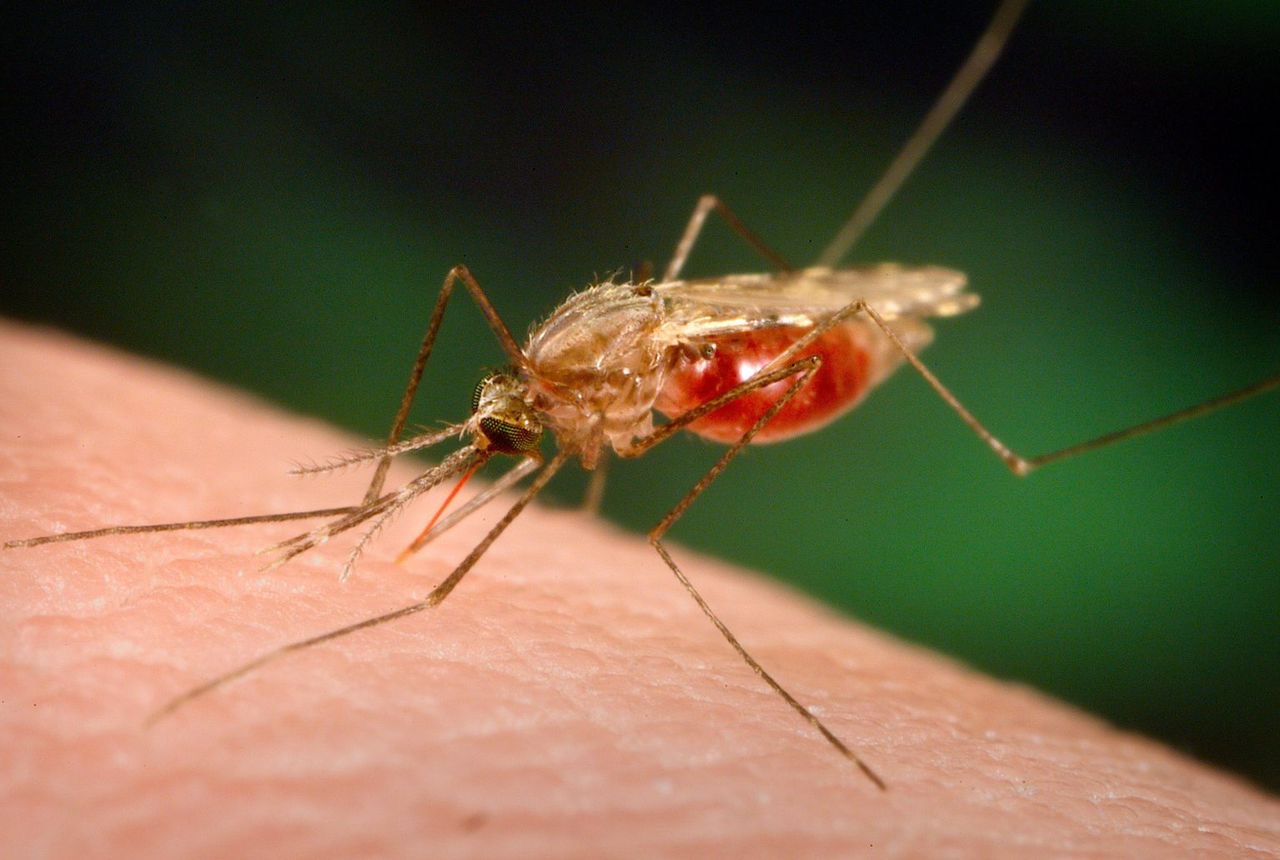Deputy prime minister Netumbo Nandi-Ndaitwah says the reform of the United Nations (UN) Security Council should come at no cost, since it will correct the council’s historical injustices against African people.
Nandi-Ndaitwah on Friday said Africans should not exchange their resources in return for being allowed to serve on the political platform.
“What Africa is asking when we talk about the reform of the UN Security Council … we are just talking about justice to be done,” she said.
The deputy prime minister said the current rhetoric is to use the global North’s hunger for Africa’s natural resources to get a permanent seat on the Security Council.
“They don’t need to pay anything. They are part and parcel of the international system.
“Because if Africa now says ‘we give you the resources, allow the reform’, we are furthering injustice,” she said.
The Namibian government’s stance on the UN Security Council has remained the same, with president Hage Geingob calling the council out for being divisive.
“We hope that Brics will not be divided like the United Nations, which has a security council for the few with veto powers, and the general assembly for the majority of member states who don’t enjoy the same privilege of a veto,” Geingob said last month in South Africa while addressing the Brics Summit.
Similarly, minister of agriculture, water and land reform Calle Schlettwein labelled the UN as “seriously skewed”.
Over the last five months, leaders of the global North during business meetings with the president, have been saying it is time for Africa to join the council.
This was said by Danish prime minister Mette Frederiksen in June when she visited the country alongside Dutch prime minister Mark Rutte to discuss and sign agreements relating to green hydrogen, among others.
Currently, European countries are facing an energy crisis after their reliance on Russia has been threatened.
United States (US) department of state assistant secretary for African Affairs Molly Phee echoed these sentiments during a press briefing in July.
‘MANIPULATED’
Nandi-Ndaitwah said there is a feeling that over the years Africa has been manipulated by the North, and if the continent is not careful, it would fall into the same trap.
“We cannot exchange one injustice for another injustice.
“Because now we are simply saying ‘let African people continue to live in poverty while we are given the right to vote’,” she said.
STRUCTURE
The UN Security Council currently consist of 15 seats, of which five are permanent with voting rights, and 10 are temporary with no voting rights.
The five permanent seats are held by China, France, Russia, the United Kingdom and the US.
These countries are to decide over the reform of the council.
Nandi-Ndaitwah said Africa’s conviction to reform has led to the African Union adopting the Ezulwini Consensus, which involves a position on international relations and the reform of the UN agreed on by the African Union.
Under this, an African Union committee of 10 (C-10) on United Nations Security Council reform was established.
Members of the C-10 include the heads of state and government of Equatorial Guinea, Algeria, Libya, Kenya, Sierra Leone, Namibia, the Democratic Republic of Congo, Uganda, Senegal and Zambia.
Similar to the C-10, there is an alliance called the L69 Group of Developing Countries.
This is a cross-regional grouping of 32 developing countries from Africa, Latin America and the Caribbean, Asia and the Pacific, which is focused on achieving lasting and comprehensive reforms of the UN Security Council.
“We want democracy across the board, including democracy in international institutions, including the UN,” the deputy prime minister said.
Efforts to reach the UN for comment proved futile as calls went unanswered.
Political scientist Ndumba Kamwanyah says the UN should decolonise its structures, philosophy, culture and agency power.
“When the UN was established, only a few African countries were involved. As a result today’s UN is deeply embedded in its history that’s perpetuating its western hegemony and dominance,” he says.
Bringing Africa or Asia on board as permanent members would decolonise the UN to suit today’s world, he says.
Kamwanyah says whether the West’s support is genuine or a strategy to win the hearts and minds of Africa away from the Russian-China bloc should, however, be considered.
“Especially in the context of the geopolitical environment of the Russia-Ukraine war in which Africa is seen to lean towards Russia. And of course, also in the context of China’s rising influence in Africa,” he says.
If the reform is accepted, Kamwanyah asks which African country would take a seat on the council.
“Africa is politically, socially and economically diverse, with some countries having less democracy and more dictatorial tendencies. What criteria would be used to make sure the right representative is chosen?” he asks.
Stay informed with The Namibian – your source for credible journalism. Get in-depth reporting and opinions for
only N$85 a month. Invest in journalism, invest in democracy –
Subscribe Now!







